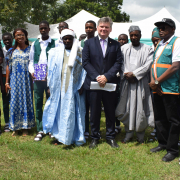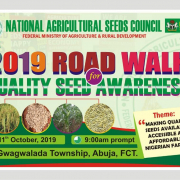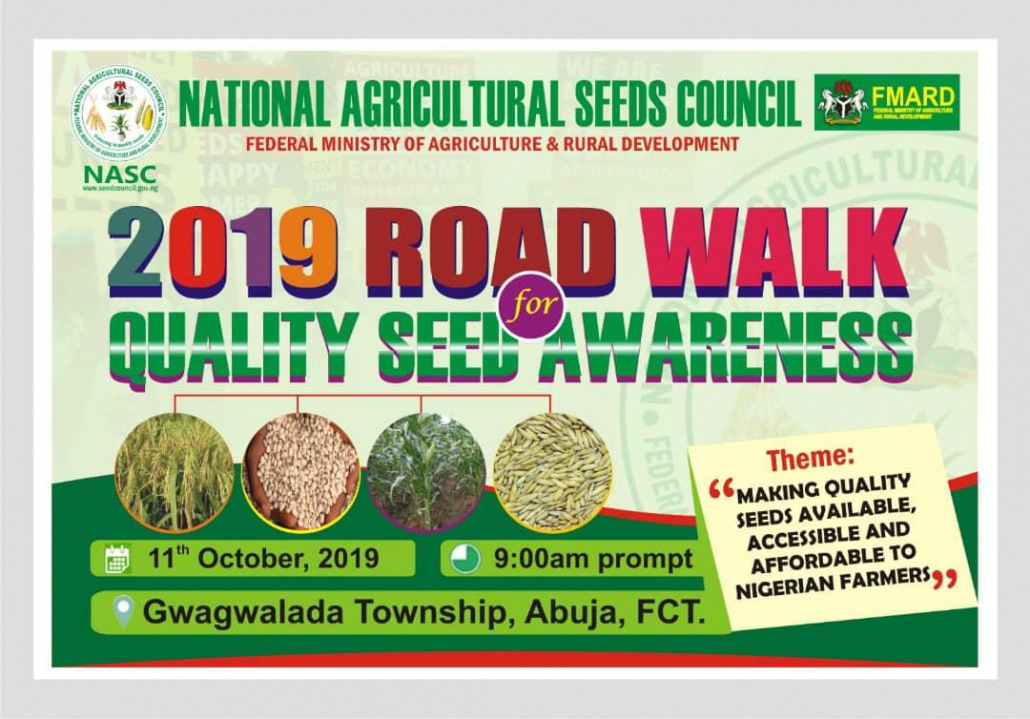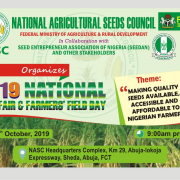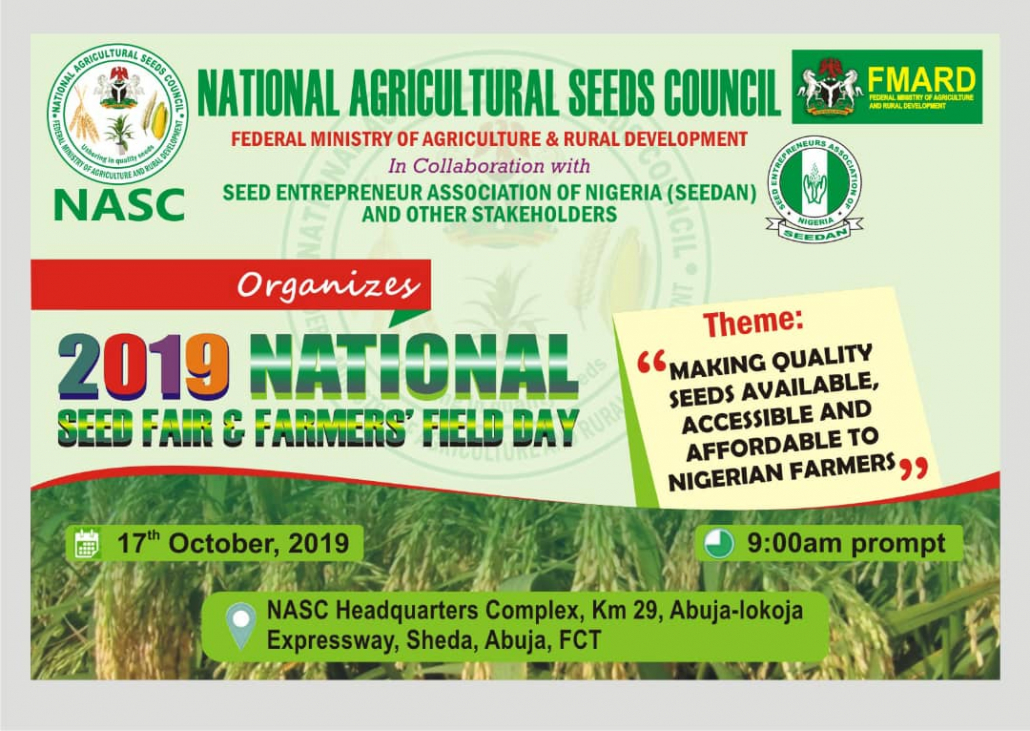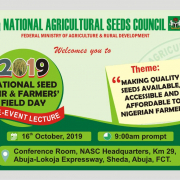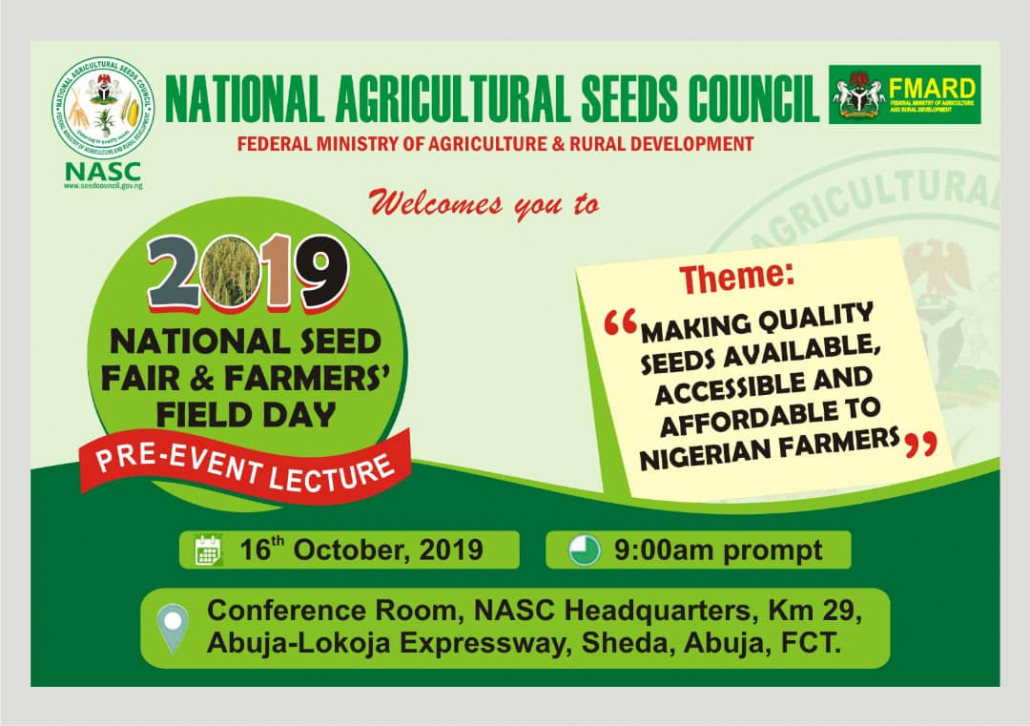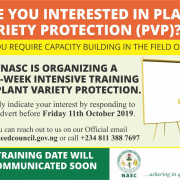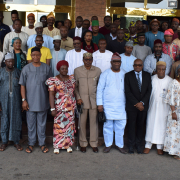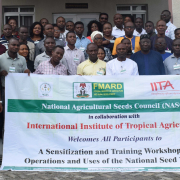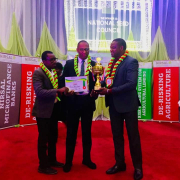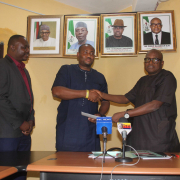President Muhammadu Buhari has re-appointed the Director-General of the National Agricultural Seeds Council (NASC), Dr. Phillip Olusegun Ojo, as a result of the successes of the seed sector in Nigeria under his watch. According to a letter signed by the Minister of Agriculture and Rural Development, Chief Audu Ogbeh, the re-appointment takes effect from Sunday, May 26, 2019. Dr. Ojo whose areas of special expertise include Seed Certification and Quality Control, Seed Production, Seed Testing, Seed Conditioning, Seed Storage and Capacity Building, has deployed his wealth of experience in transforming the Council into an innovative agency that has recorded tremendous growth and progress. Under his leadership, Nigeria through the Council is benefiting from the regional harmonised seed regulation within the Economic Community of West African States (ECOWAS), as the country is so far the only one capable of moving seeds to other countries as a result of its advanced seed system, leading to numerous job and wealth creation opportunities along the seed value chain.
Also important is the significant increase in value of investment in the seed industry with Nigeria becoming the hub of seed production in Africa where presences of nationally owned large scale seed production companies that compete well with multinational giants are recorded. Dr. Ojo had said at different forums that there are huge challenges to tackle in the seed industry, including adulteration, smuggling and selling of grains as seeds, leading to poor harvests and low returns on crop cultivation investments. Sales of poor and adulterated seeds to farmers by unscrupulous merchants who defraud farmers and give companies a bad name are at their barest minimum as the Council’s seed inspectorate mechanism are working tireless with stakeholders to arrest fake seed producers and sellers.
He said with the appointment, his team would work with breeders, seed companies, input dealers and farmers to ensure international good practices in the sector, saying without a viable seed industry, food security and sustainability of farm operations would be a complete failure.

